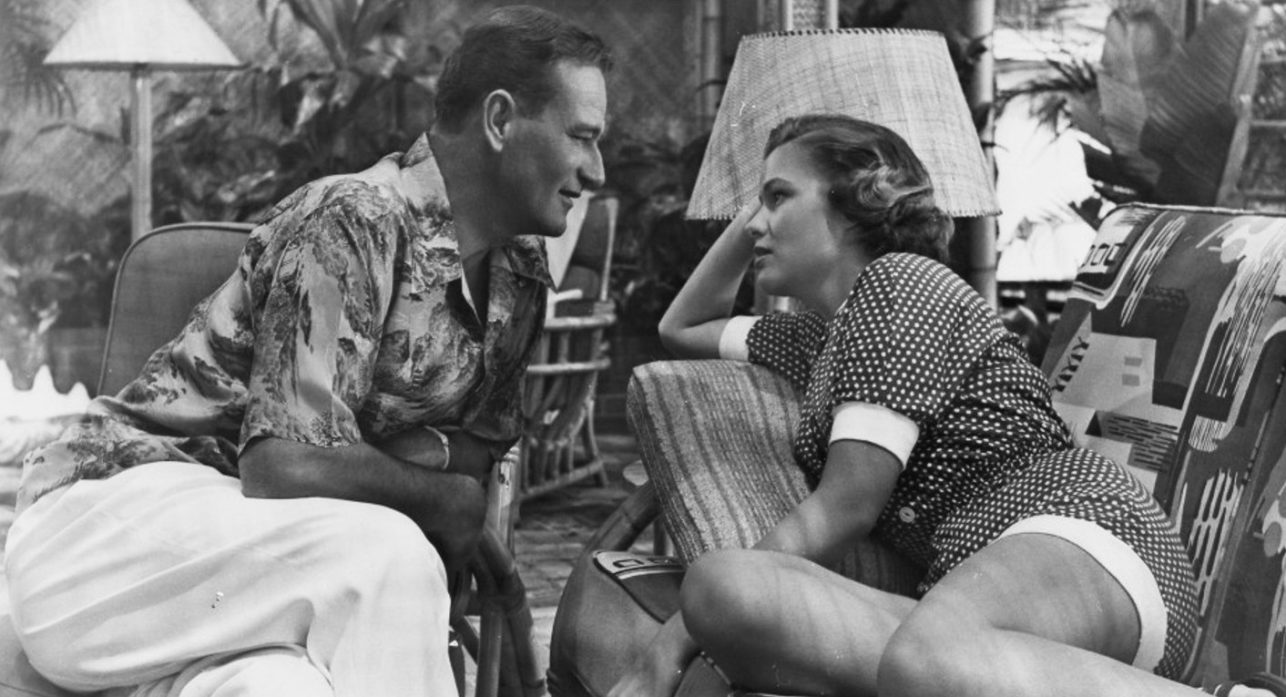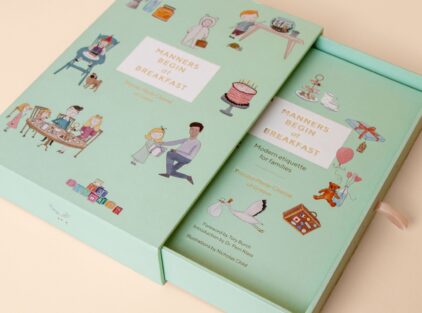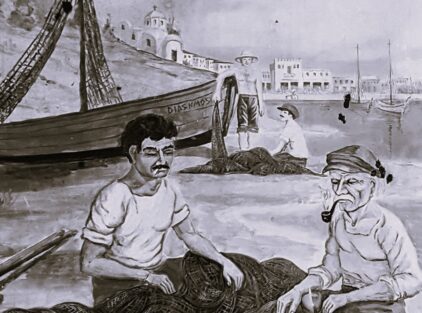by Taki Theodoracopulos
GSTAAD — Nostalgia invaded like a police raid. What triggered it was a short article about the most charming and captivating of young women, Nancy Olson. Seventy-two years ago she starred in that rare gem – Sunset Boulevard – playing the rosy-cheeked screenwriter who loved William Holden, the handsome but trapped writer from Norma Desmond, aka Gloria Swanson. Nancy’s blue eyes sparkled and her figure was to “die for,” but what made her memorable was that she was as American as apple pie. Innocence trumped sex in her case, and apparently she was as dignified and as smart as the naïve damsel she played on Sunset Boulevard. She gave up movies early because it was a life with very narrow boundaries. Now she’s 94 and has written a book, and I’m looking forward to it. Alas, I never met her and I won’t be included in that, because she was the third wife of a very great man, with whom I spent an unforgettable evening while on his fifth or sixth marriage, the final tally being eight.
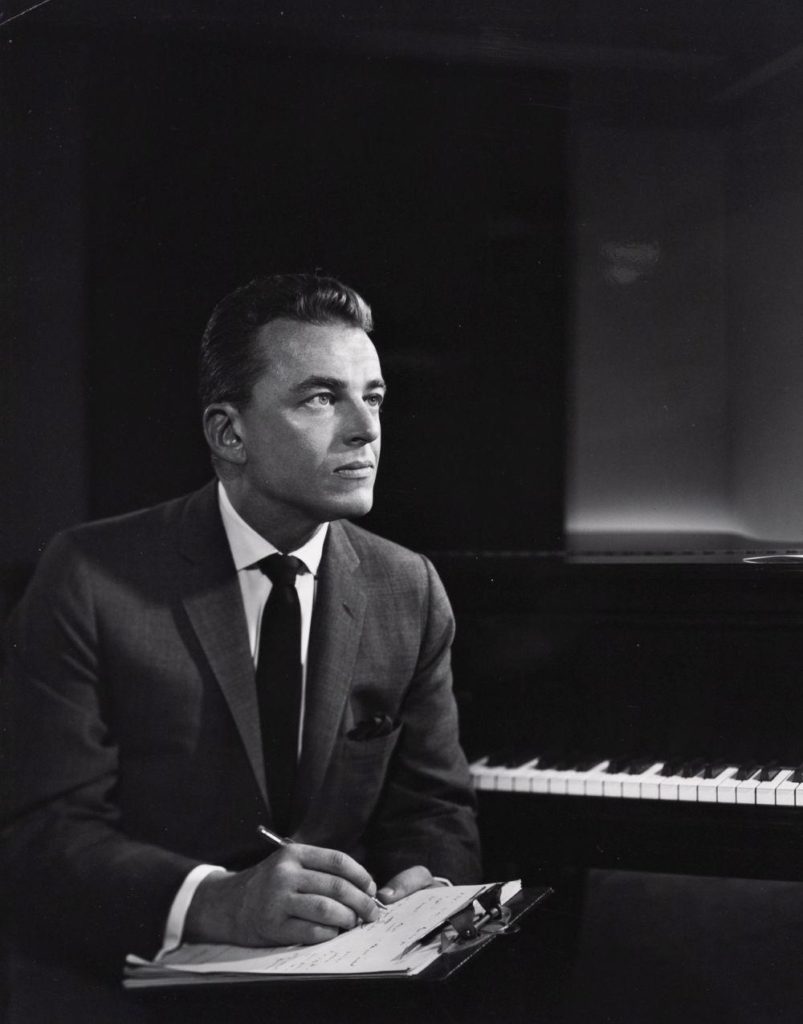
JFK was assassinated on 22 November 1963, but earlier that summer on the Riviera I had met Jackie Kennedy’s sister Lee and her Polish husband, Prince Radziwill, as we were both staying at Gianni Agnelli’s villa in Villefranche. Lee was prettier and more feminine than Jackie and was probably flirting. Jackie’s love of fashion and the arts, after the quiet period of the Eisenhower years, brought turmoil to Washington. The capital had caught the “bacillus of society.” Movie stars, poets, writers and socialites had turned the White House into a glittering non-stop party, or so it seemed. Stas and Lee played a prominent role in all the action. Then came the assassination and Jackie took on the role of a martyr goddess. They soon moved to New York while the Radziwill’s continued their domestic literary and artistic activities.
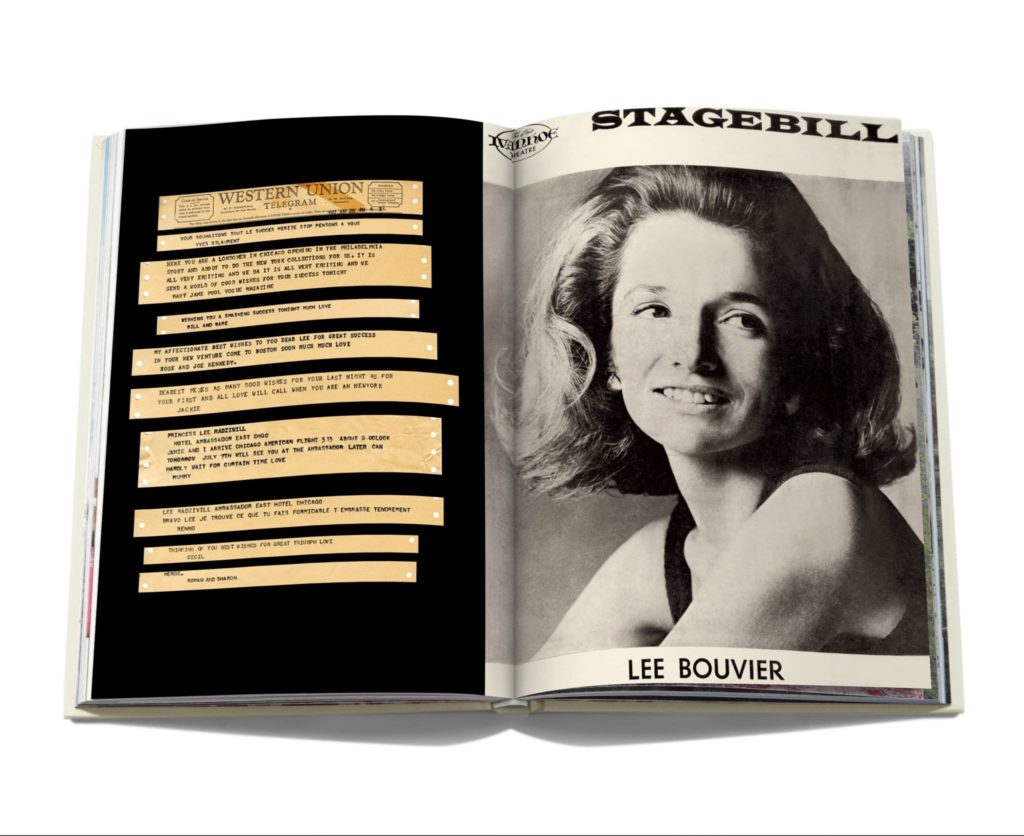
When Stas returned to London where he was living, Lee stayed behind to be near Jackie. I was in my early 20s and Lee in her late 20s. We started hanging out, as they say these days. El Morocco was a nightly ritual for me back then, and on this particular night Lee and I sat in the area reserved for a privileged few, next to another couple who smiled at us. In contrast to the studied detachment practiced by so-called celebrities today, the gentleman next to us, who exuded cosmopolitan sophistication, asked me how I got my black eye while playing sports. I told him it was from a right hook during boxing, and he said it was the sharp left jabs that did the real damage. He then introduced himself as Alan Lerner and his wife.
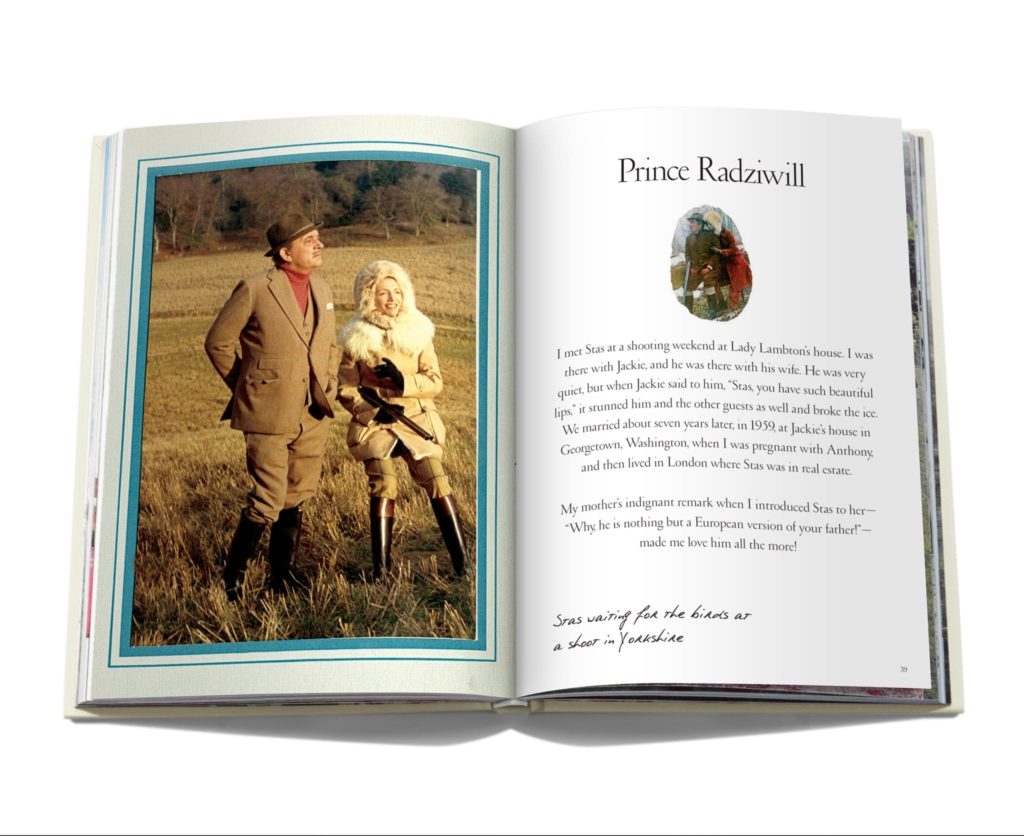
Well, I was lucky enough to grow up in the golden age of American folk singing, which began with the musical Show Boat and lasted until the rise of rock in the late 1960s. Alan Lerner was a librettist hero of mine, with hits like An American in Paris, Paint Your Wagon, Brigadoon, Gigi, My Fair Lady (the libretto was superior to GBS’s Pygmalion, on which the musical was based), Camelot, Royal Wedding , Oscar-winning scripts and the like. Both Lee and I were amazed, and after a few drinks he asked us to return to his apartment in the Pierre to listen to something he was working on.
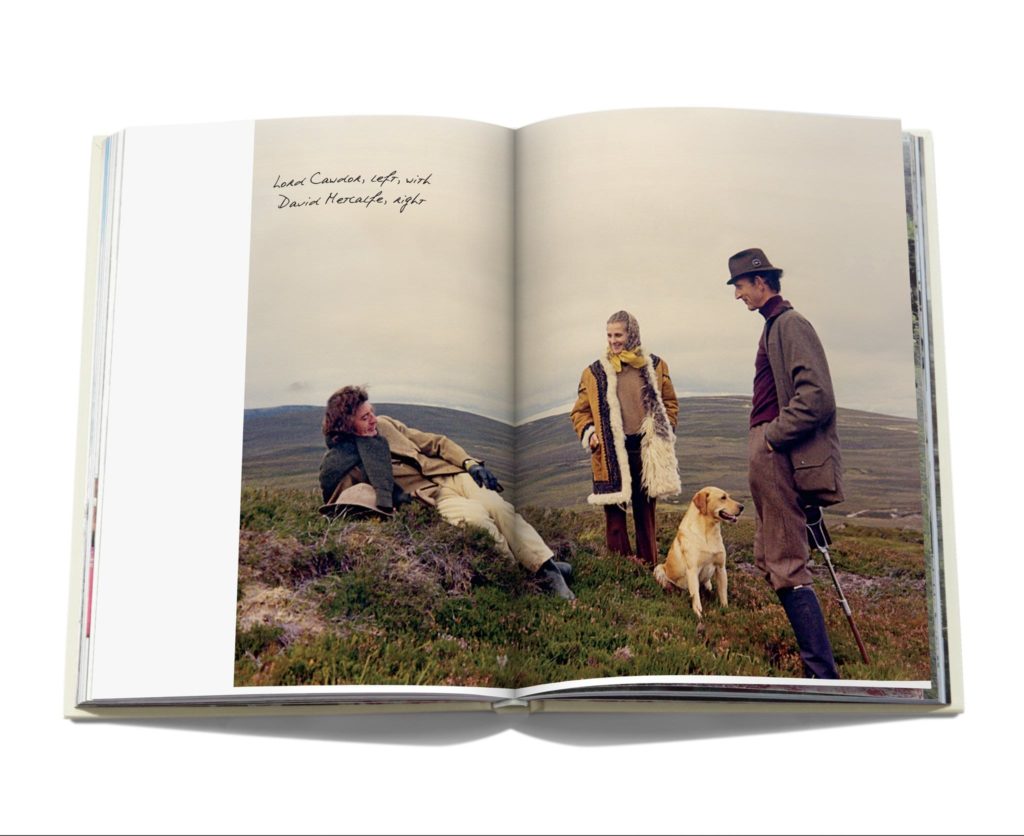
The Pierre was next door to the Sherry Netherland, where I grew up, so we went to his penthouse and Alan sat at the piano. “I’m thinking of calling it “On a Clear Day You Can See Forever.” He sang it on the piano in a lovely clear voice and asked us what we thought. We mixed up the adjectives that expressed our admiration. Then he asked me to join him in the next room. I followed and he said: “You are a handsome young man, boxing is a very brutal sport…” Then he gently removed his glass eye. “I took this from boxing,” he said, and put it back in again in the same gentle way. Then we returned to the living room and listened to more songs. The evening ended around 5 a.m. and I never met Alan Lerner again. But I remember the night like it was yesterday, his kindness, friendliness and incredible talent. Now I read that he was married eight times and Nancy Olson, the love of my life whom I never met, was his third.
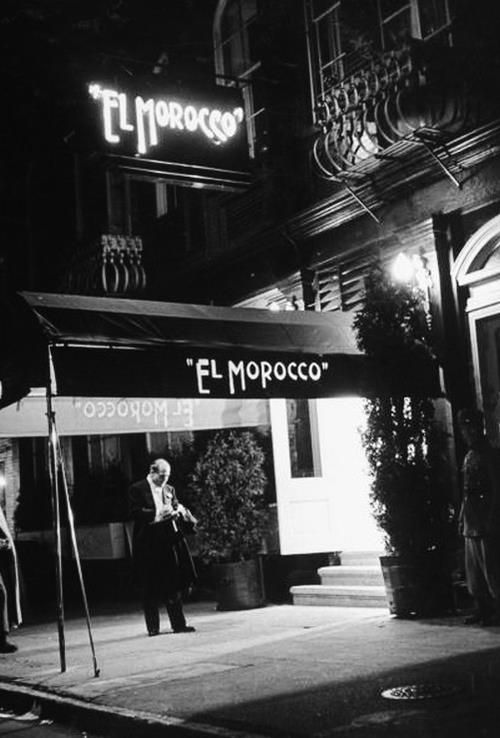
Both Alan and Lee are gone now, but Alan’s music will always be with us. Lee and I stayed friends to the end, although she remained unsatisfied after three failed marriages. Her problem was, I believe, Jackie. Unlike her older sister, obedience to a man was not Lee’s strong point. Her artistic ambitions remained elusive, though she was encouraged by false friends like Truman Capote, who wanted control. She tried acting and writing, but remained known as the younger sister of the great Jackie. Some humiliation followed after a few TV shows she starred in, but she remained undeterred to the end. Perhaps I’m being unfair, but Lee’s underlying indifference to anything but her immediate concerns caused her to lose the affection of many. But we forget that women of her background at the time had a limited range of marital and professional possibilities. Perhaps that is why we were both dumbfounded with admiration before the genius of Alan Jay Lerner on that memorable evening.
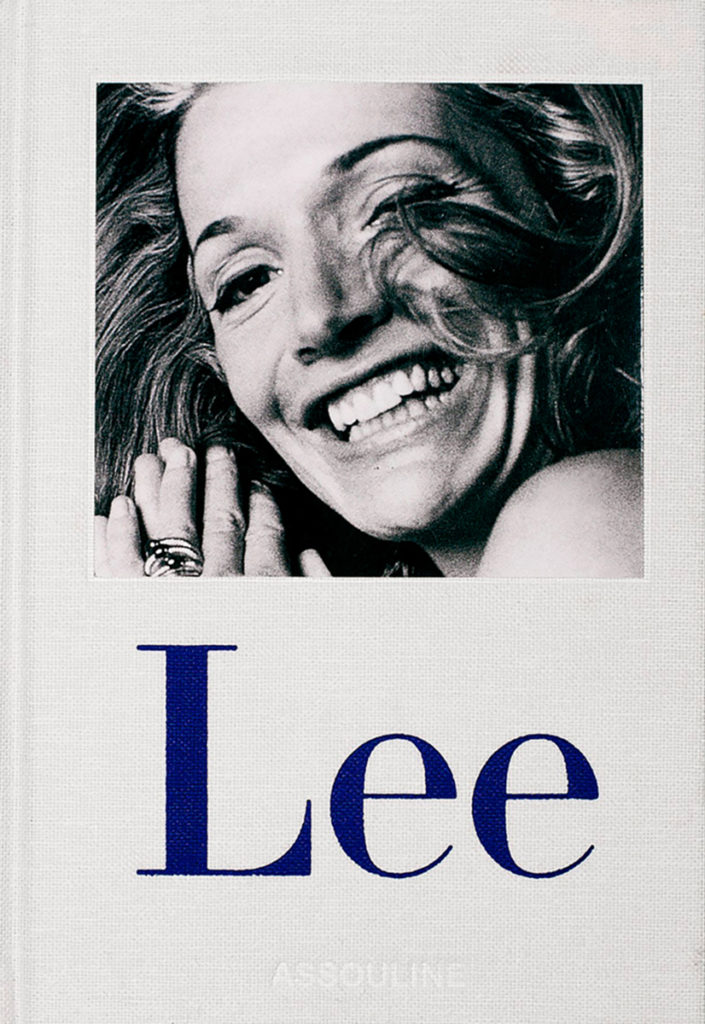
photo courtesy of Assouline
